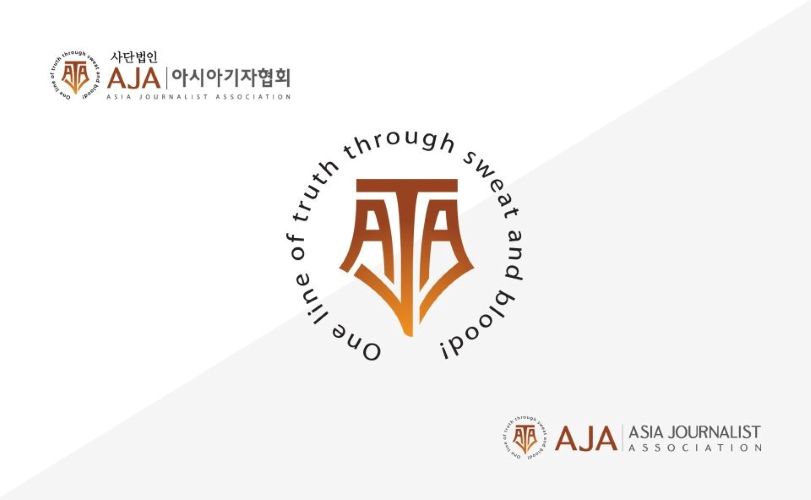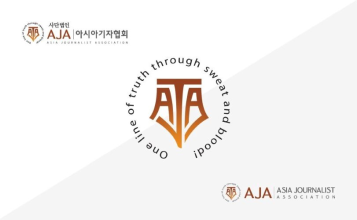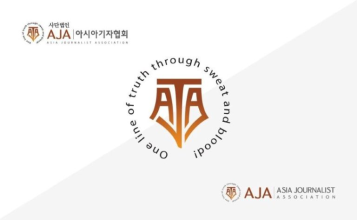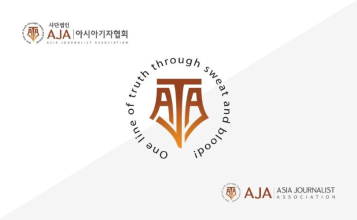AJA Newsbites – May 29, 2025

AJA Newsbites is a curated roundup of major news and developments from across Asia, brought to you by members of Asia Journalist Association (AJA)
Lee Sang-ki, THE AsiaN, Korea
A recent Gallup Korea survey, commissioned by the National Election Commission, reveals that 86.8% of Korean voters intend to participate in the upcoming June 3 presidential election—mirroring turnout expectations from the previous election three years ago.
Of those surveyed, 37.4% said they plan to vote early, reflecting strong interest in early voting options. Voter enthusiasm increased across all age groups except those in their 30s.
The survey also found that 83.7% of respondents have already decided on their preferred candidate, with most citing competence and policy positions as their top criteria for selection.
When it comes to sources of election information, TV debates and YouTube emerged as the most influential platforms. Notably, over 70% of respondents said they believe their vote can directly impact their quality of life—a sign of high political awareness and engagement among the electorate.
Norila Daud, Malaysia World News, Malaysia
Minister of Economy Rafizi Ramli has officially resigned from the Cabinet after failing to defend his position as Deputy President of Parti Keadilan Rakyat (PKR) in the party’s recent internal elections, where he was defeated by Nurul Izzah Anwar.
Rafizi had previously pledged to step down from his ministerial role if he lost the party post. Today, he submitted his resignation letter to Prime Minister Anwar Ibrahim, who is also the President of PKR. His resignation will take effect on June 17, 2025, following the completion of his annual leave from May 28 to June 16.
In a related development, Minister of Natural Resources and Environmental Sustainability Nik Nazmi Nik Ahmad also resigned today, after failing to retain his position as PKR vice president in the same election. “Following my failure to defend my post in the recent party elections, I have decided to resign as a minister,” he said in an official statement.
Nurul Izzah, who is the daughter of Prime Minister Anwar Ibrahim, has yet to comment on her victory. However, in response to accusations of nepotism from some party supporters, Anwar clarified in a statement that Nurul Izzah was elected by party members, not appointed by him.
With the departure of Rafizi and Nik Nazmi, two Cabinet positions are now vacant. Speculation is growing over who will fill the posts, with possibilities ranging from other PKR Members of Parliament to candidates from allied parties within the ruling coalition.
Chhay Sophal, Cambodia News Online, Cambodia
A Cambodian soldier was killed on Wednesday following a brief clash between Cambodian and Thai troops near the Mome Bei area in Preah Vihear Province, according to a statement released the same day by Cambodia’s Ministry of National Defence.
The ministry identified the fallen soldier as 48-year-old Warrant Officer Suon Ron, who was stationed in the area. The statement claimed that the Thai troops initiated the confrontation by opening fire on a Cambodian military post occupied by Cambodian forces.
In its release, the Ministry emphasized that Cambodia does not seek conflict and remains committed to resolving border issues through diplomatic efforts and peaceful dialogue. It reaffirmed the country’s dedication to maintaining peaceful, stable, and cooperative borders that support mutual development, while also underscoring its unwavering resolve to defend its territorial integrity.
The Ministry further urged the public not to believe or circulate false information on social media, warning that such misinformation could escalate tensions, undermine security along the border, and harm relations between troops, civilians, and the two countries.
Nasir Aijaz, Sindh Courier, Pakistan
Prime Minister Shehbaz Sharif on Wednesday reaffirmed Pakistan’s call for dialogue with India to achieve lasting peace in South Asia, stressing the urgent need to address key issues such as Kashmir, water disputes, and terrorism.
“We must sit together and talk for the sake of peace,” the Prime Minister said while speaking at the Pakistan-Turkiye-Azerbaijan Trilateral Summit, held alongside Turkish President Recep Tayyip Erdogan and Azerbaijani President Ilham Aliyev. “There are issues that demand immediate attention and must be addressed through dialogue,” he added.
The summit took place as Prime Minister Sharif continued his four-nation diplomatic tour, aimed at expressing gratitude to allies for their support during Pakistan’s recent tensions with India.
Before arriving in Azerbaijan, the Prime Minister concluded a two-day official visit to Iran. His itinerary also includes stops in Turkiye and Tajikistan, as part of broader efforts to strengthen regional ties and cooperation.
Bhanu Ranjan, THE AsiaN, Bangladesh
Chief Advisor Professor Dr. Muhammad Yunus arrived in May 28 afternoon for a four-day state visit aimed at strengthening bilateral ties between Bangladesh and Japan.
During his stay, Dr. Yunus will participate in the prestigious Nikkei Forum’s Future of Asia conference and hold a bilateral meeting with Japanese Prime Minister Shigeru Ishiba. The meeting is expected to focus on enhancing cooperation across several sectors.
According to Bangladesh’s Ministry of Foreign Affairs, up to seven memorandums of understanding (MoUs) may be signed during the visit. Key agenda items include Dr. Yunus’s proposal for a $1 billion low-interest loan from Japan and discussions on boosting Japanese investment in Bangladesh, particularly in projects like Matarbari-Moheshkhali.
The Chief Advisor will also push for the deployment of 100,000 skilled Bangladeshi workers to Japan to meet labor demands and strengthen people-to-people ties.
In addition, Dr. Yunus is scheduled to meet with the Japan International Cooperation Agency (JICA) to further explore development and infrastructure collaboration.
Press Secretary Shafiqul Alam confirmed that the visit reflects Bangladesh’s growing commitment to deepening economic and diplomatic engagement with Japan.
Habib Toumi, THE AsiaN, Bahrain
Citizens of Bahrain, Kuwait, Oman and Saudi Arabia will no longer need a visa to enter China from June 9, 2025, until June 8, 2026, under a one-year visa exemption initiative announced by Beijing.
The move, aimed at strengthening diplomatic and economic ties and boosting tourism, will allow nationals from the four Gulf Cooperation Council (GCC) countries to enter China visa-free and stay for up to 30 days.
The visa-free policy applies to visits for tourism, business, family reunions, and work purposes. The exemption will be in effect for one year.
With this decision, the four countries join the other two GCC countries UAE and Qatar, whose citizens were granted visa-free access to China in 2018.
ⓒ THE AsiaN | All rights reserved
This content is copyrighted by THE AsiaN. If you wish to share it, please do so without modifying the original text and always include the source link. Unauthorized editing or sharing without proper attribution may result in legal consequences.



